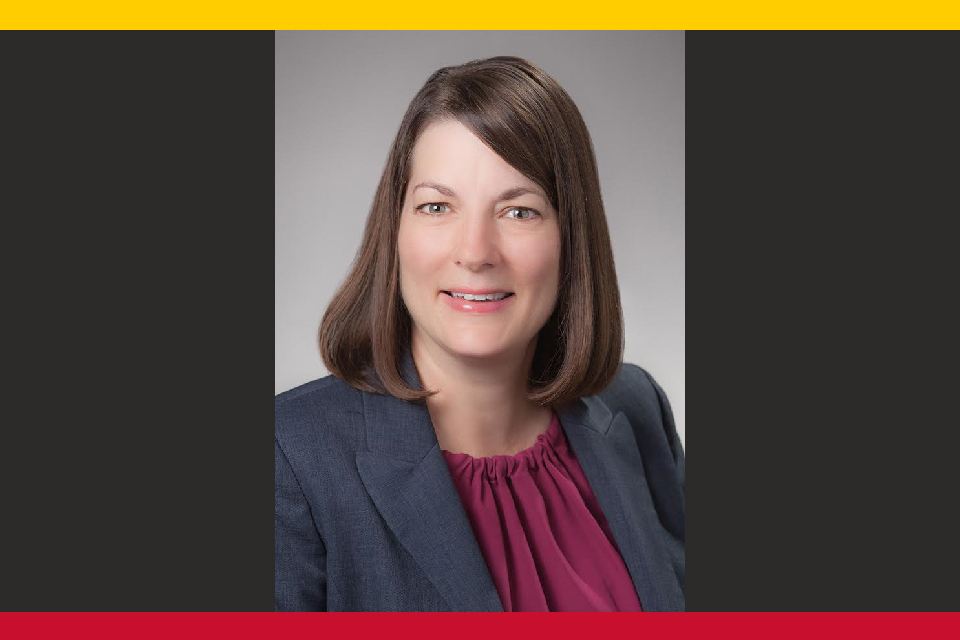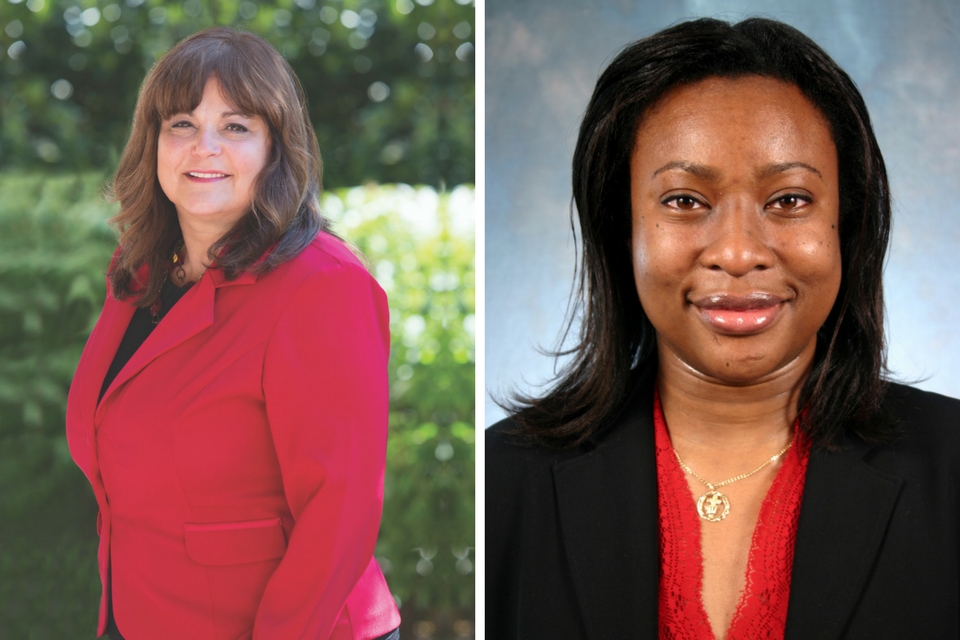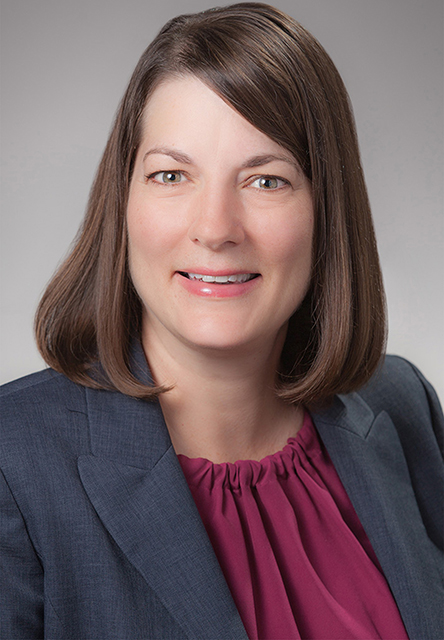SOP’s Feemster Receives University Interprofessional Global Health Grant
Grant will fund an educational needs assessment to help improve medication safety at the Children’s Cancer Hospital Egypt in Cairo.
By Malissa Carroll
January 13, 2016
Agnes Ann Feemster, PharmD, BCPS, assistant professor in the Department of Pharmacy Practice and Science (PPS) at the University of Maryland School of Pharmacy, has been awarded a 2016 Center for Global Education Initiatives Interprofessional Global Health Faculty Grant from the University of Maryland, Baltimore (UMB). The $5,000 grant will fund an educational needs assessment that Feemster and three students representing different professional schools from across the University will conduct to help improve medication safety at the Children’s Cancer Hospital Egypt in Cairo.
“Our department was thrilled to learn that Dr. Feemster had been selected as a recipient of one of this year’s Global Health Faculty Grants,” says Jill A. Morgan, PharmD, BCPS, associate professor and chair of PPS. “These grants have been crucial in bringing UMB to the forefront of global health education in recent years. As someone who has demonstrated a strong commitment to improving global health since joining the School’s faculty in 2014, Dr. Feemster is truly deserving of this award.”
Established in 2005 and funded exclusively by charitable donations, the Children’s Cancer Hospital Egypt provides medical, dental, and pharmaceutical care to children with cancer across Africa and the Middle East at no cost to families. Health care professionals at the hospital are currently working to improve existing clinical processes, including processes related to medication safety and the medication use process.
“One research area about which I am passionate is improving safety across the medication use process in the health system setting,” says Feemster. “The Children’s Cancer Hospital Egypt is the largest pediatric cancer treatment center in the world, and the institution recently reached out to me for assistance on a number of initiatives related to improving medication safety. This grant will help me to expand my understanding of the educational needs of health care professionals in developing countries, and using the knowledge that I gain from the needs assessment, I will be able to design a profession-specific curriculum to help improve medication safety in those countries.”
Along with Feemster, students participating in this project will travel to Egypt for three weeks in July 2016 to explore health care professionals’ attitudes and behaviors related to medication safety and identify opportunities for additional education and training to improve the medication use process.
“One of my goals for this grant is to provide students from different professional schools who might not normally have an opportunity to work collaboratively with an enriching cultural, professional, and personal experience,” says Feemster. “I want to help them better understand and develop a greater appreciation of the value and contribution made by each member of the health care team.”
Feemster and the students will use a survey to gain insight into the current medication use process at Children’s Cancer Hospital Egypt. Health care professionals participating in the survey will be asked to rank their interest in a variety of medication- and patient safety-related topics. Follow-up interviews will also be conducted to help Feemster and the students learn more about potential areas of improvement in the medication use process.
“Because children with cancer are at an increased risk for serious adverse effects in the event that a medication error occurs, ensuring the safety of medications prescribed to these patients is crucial,” says Feemster. “Once we understand how current best practices can be implemented to augment existing practices, we can begin to develop courses and other educational and training tools to further enhance medication safety among patients not only at Children’s Cancer Hospital Egypt, but in health care facilities across the region.”



